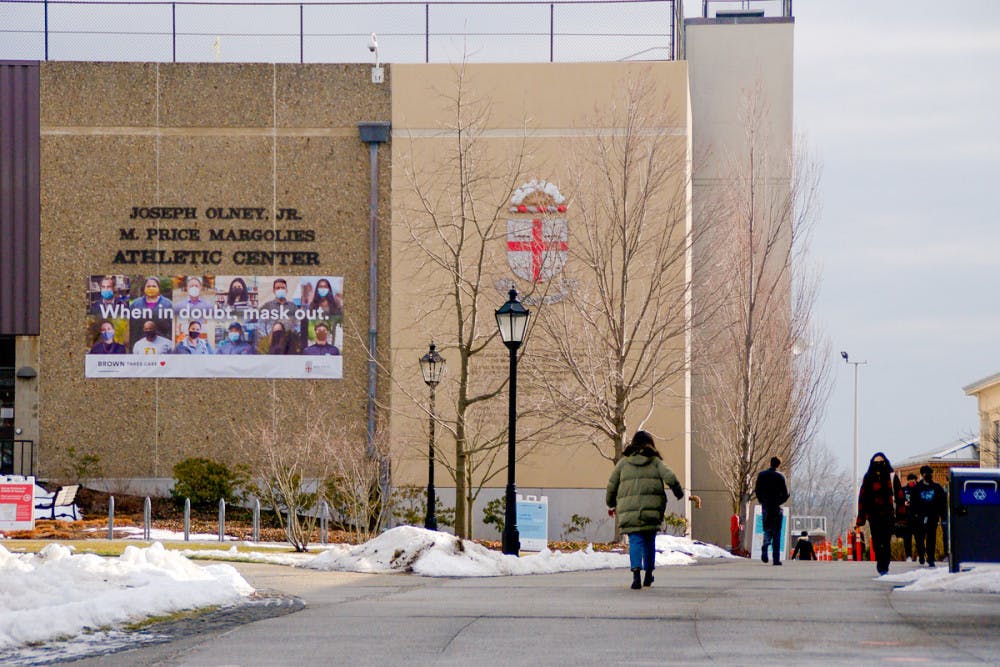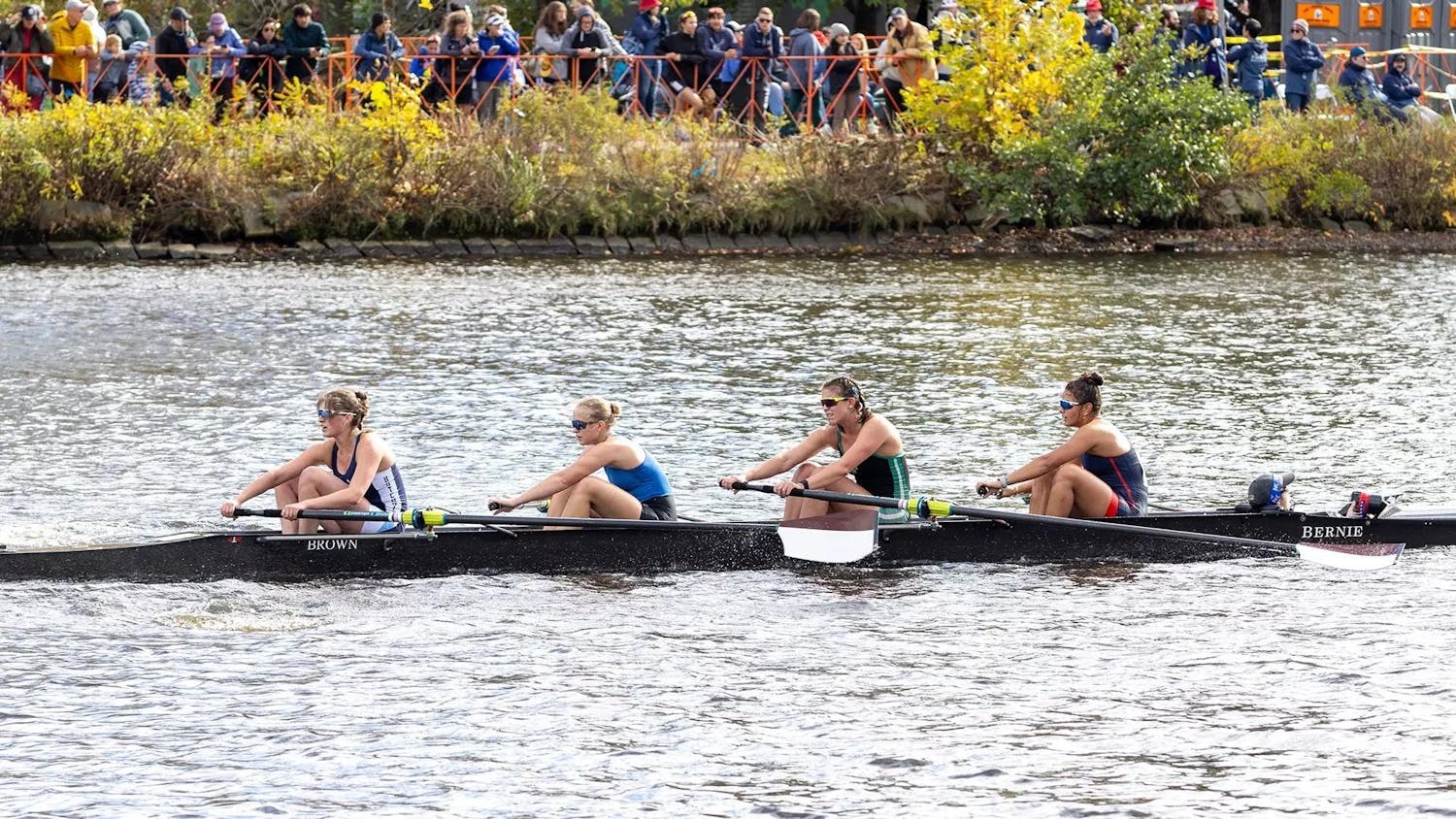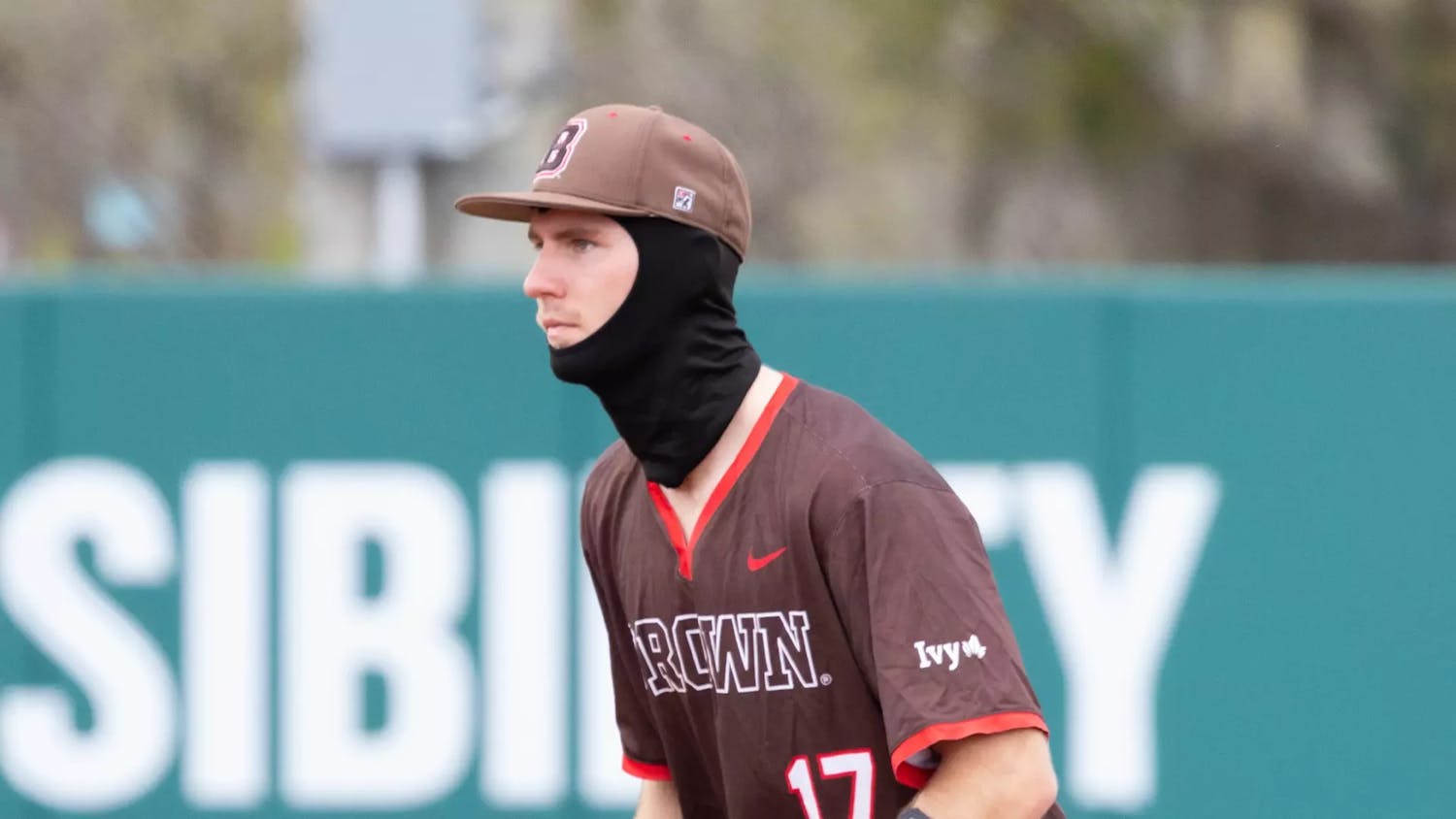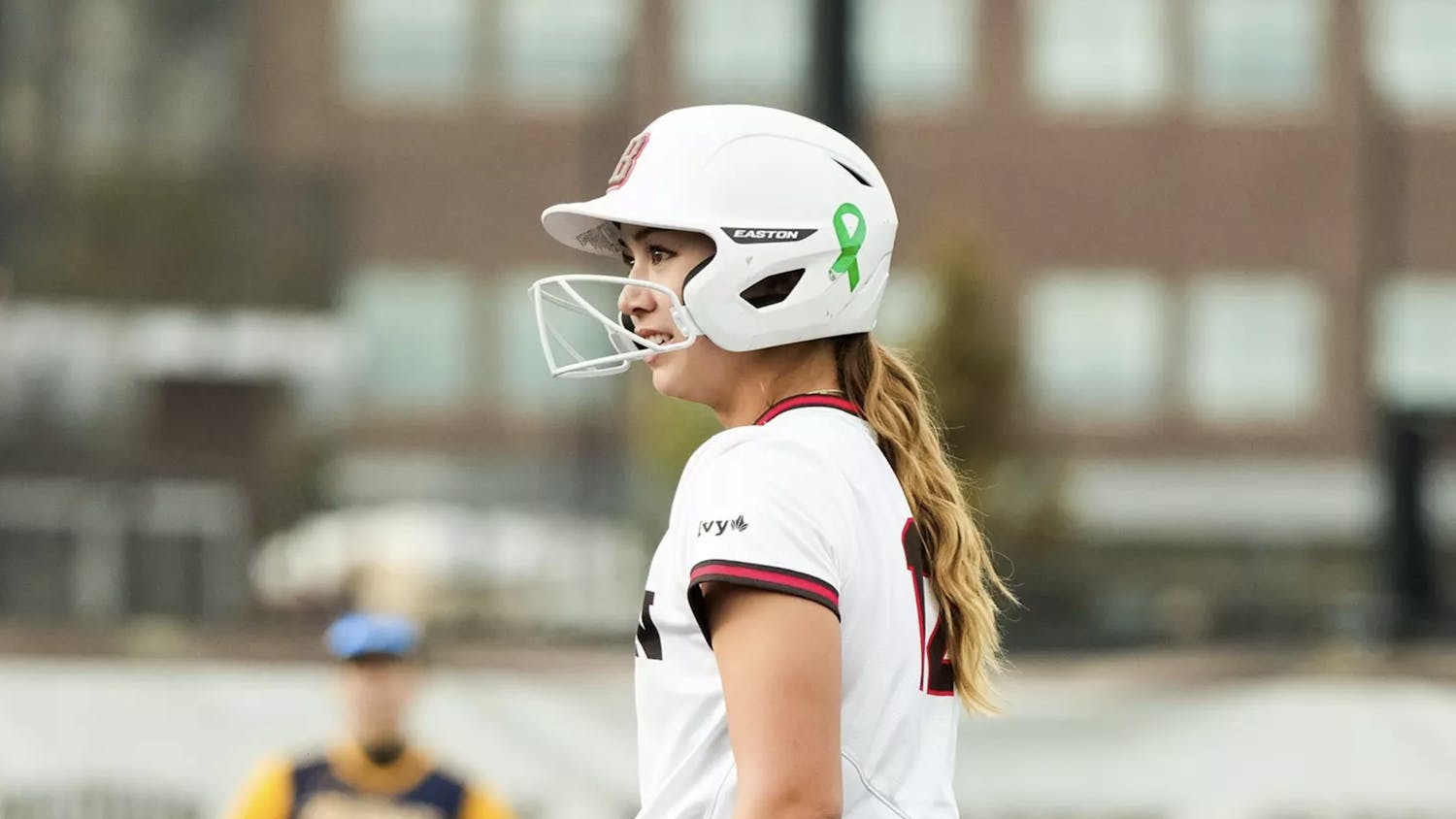The University’s sports teams are facing unprecedented challenges in recruiting in light of the NCAA’s decision to limit in-person contact between coaches and prospective athletes.
All NCAA Division I sports teams have been in a mandated “dead period” since March 2020, and will remain in this state through May 2021. This period — normally effective for only certain months of the year to alleviate the stress of recruitment on athletes — prohibits coaches from traveling off campus to watch athletes compete live, bringing recruits to campus or communicating with recruits and their families face-to-face.
Despite these restrictions, coaches have not ceased in their efforts to recruit potential athletes for their teams. Colin Sullivan, interim athletics director at the University, has advised coaches to continue recruiting through email, phone calls, Zoom and watching athletes’ recorded or live game film. Beyond relying on virtual contact with the athletes, Sullivan said coaches are having conversations with players’ high school and club coaches to get an overall sense of the athlete.
For Sara Bermudez ’22, an athlete on the women’s soccer team, in-person aspects of her recruitment process played a major role in her ultimate decision to attend Brown. Bermudez started her recruitment process when she was in eighth grade, playing in showcase tournaments on the weekends in front of numerous college coaches. After touring a number of colleges, Bermudez committed to Brown her sophomore year of high school, becoming the first verbal commit of her class for the women’s soccer team.
Jaylan Gainey ’22, a men’s basketball player, said losing the opportunity to play at showcase tournaments is the biggest disadvantage high school athletes face when looking to get recruited during the pandemic, as his first offer as a high school sophomore came as a result of his exposure at these events.
Under NCAA rules, all contact with recruits must come from coaches, and current players are restricted in their communication with the prospective athletes. Due to these strictures being extended under the pandemic, there is little ability for teams to replicate official visits, an opportunity for recruits to stay overnight with a current player, and experience first-hand how the team interacts and see the University’s campus.
In place of on-campus visits, Sullivan said the Athletics Department and individual teams have been using social media to offer insight into the University and team culture by showcasing athletes’ profiles and light-spirited interviews with players. “The one thing we can’t duplicate is an actual on campus official visit,” Sullivan said.
For Men’s Basketball Head Coach Mike Martin, the lack of interaction between prospective athletes and current players is one of the biggest challenges of recruiting during the pandemic.
“When our recruits generally come to visit Brown we want them spending as much time as possible with our current student athletes because (they) are going to be the best representatives of our school and of our program,” Martin said.
Though Martin said his program’s recruitment for the incoming class of 2025 is complete, the team is behind schedule on recruiting subsequent classes. But given the early start of recruitment, with most prospective athletes being on the coach’s radar by their freshman year of high school and committing by junior year, the program will have ample opportunity to make up for lost time.
Martin said a key thing for potential recruits to remember is that current players identify themselves as both Ivy League students and Division I athletes. Bermudez said she was drawn to Brown because of her desire for strong academics, though soccer was her priority — Brown offered an intersection between the two.
Women’s Soccer Coach Kia McNeil said that they treat this year as they would any other non-pandemic year as they consider college choices. Although recruits may be disadvantaged in their lack of exposure, McNeil said they still have time to be seen by college coaches. “You don’t want to make a life decision based on a one year pandemic,” McNeil said. She encourages recruits to be patient and avoid succumbing to pressure to make a decision without being fully informed.
Sullivan and coaches said they have been strictly adhering to NCAA and University guidelines, which has resulted in the denial of requests by recruits to visit campus and hold in-person meetings with them. In spite of the Ivy League’s recent cancellation of spring competition, Sullivan has high hopes for a competitive fall season, though it may be altered to just include league-wide play or limited to regional play. “We are going to get back to an environment where we can compete," Sullivan said.
Martin is also optimistic that his team will be well positioned to compete by the end of the summer, and tries to ensure that the players he recruits are not choosing Brown solely because of athletics.
McNeil said the recent improvements in the COVID-19 landscape, with the recent rollout of vaccines and the relatively low number of cases on campus, give her reason to believe that her team will be playing in the fall.
Bermudez’s advice to recruits is to take advantage of this down time to rest and get ready for the season, because “when it does come, it’s gonna come fast.”

ADVERTISEMENT




